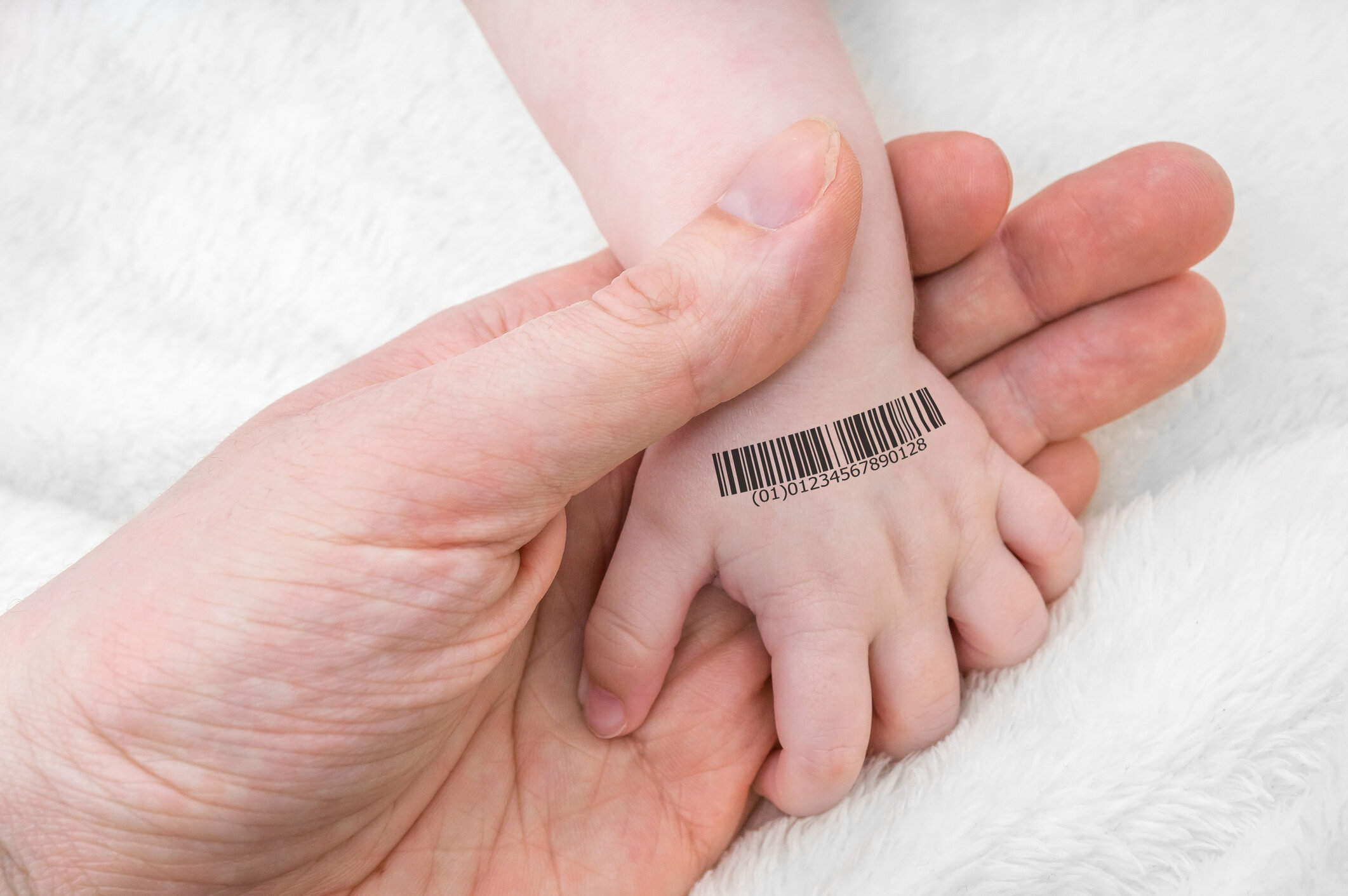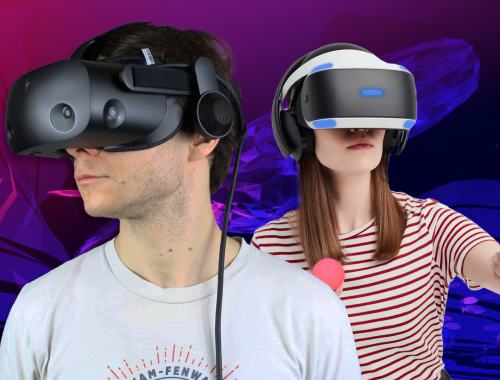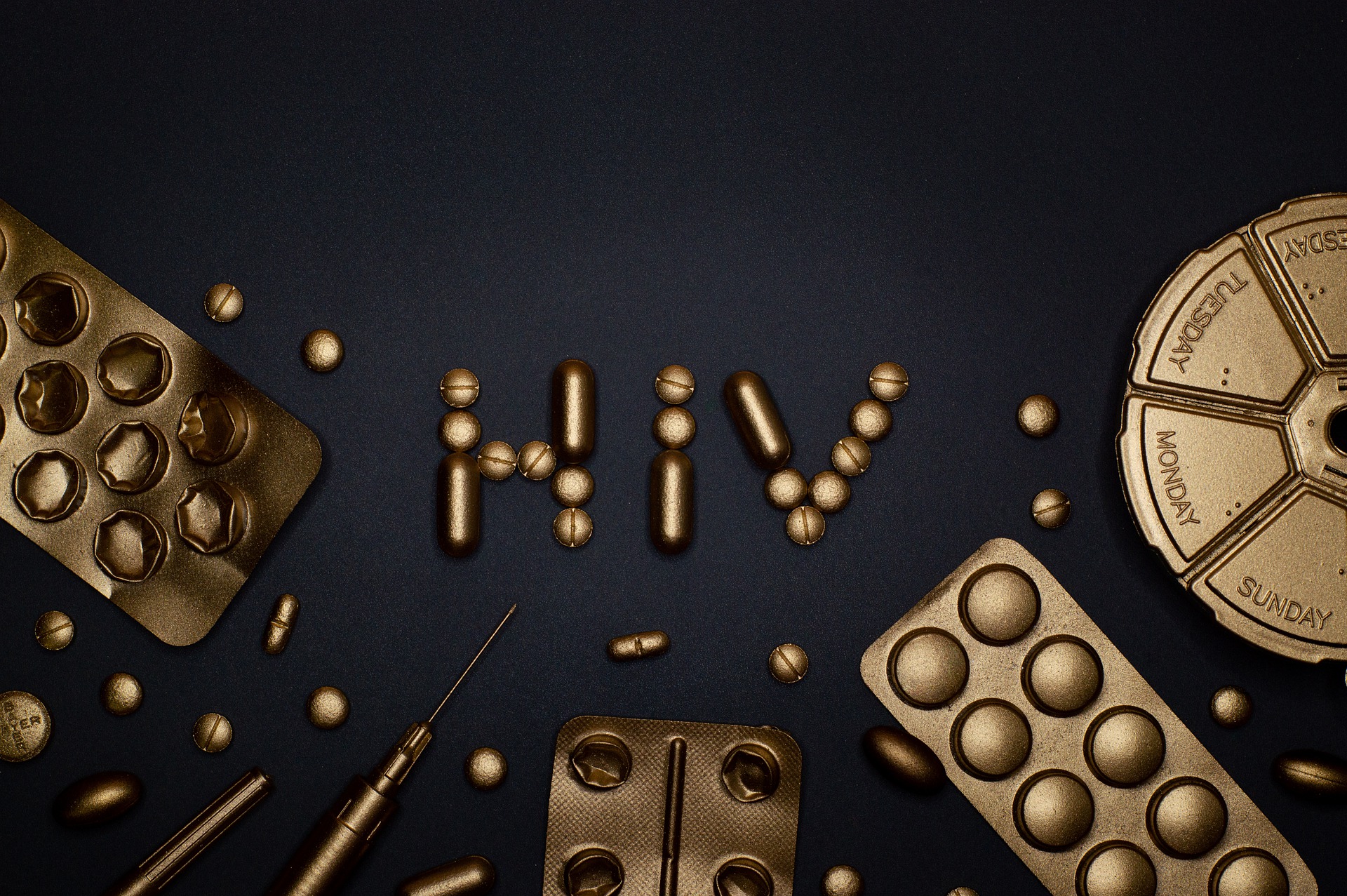
Designer Babies: Are We Playing God?
I know for some, reference to the words “designer babies” in the title of this blog will instantly raise the specter of unease. But why?
When it comes to furniture, architecture or clothes, “designers” then pose no problems. Not one person – at least no one in their right mind – would object to the fact that these objects need to be designed. Not only this, but part of the success of a brand lies in the design element. When you go shopping, you look for and pay for the best design. However, as soon as it turns to human beings, the very thought that mankind would be playing a huge role in “human design” is anathema to many.
2000 was the wake of a new millennium; an era where many exciting scientific developments were taking place, developments that were challenging traditional perceptions. Fast forward 20 years and I think there is no getting away from the ever-increasing speed and power of scientific revolutions, especially medical technology. In other words, we are being propelled into a new world that’s turning science-fiction into fact with the replacement of organs, the use of stem cells to repair tissues and all the attempts to increase the human lifespan. And, the last thing we expected was for our children to be the results of human design. And, this is where Christians draw the line.
I have become acutely aware of this unnervingly challenging issue I’m dealing with and I know that it will be misleading to make grand generalizations. In an article like this one, I’m probably crossing disciplinary boundaries, which is a very dangerous venture. I am a Christian who is delving into biotechnology and into ethics and I’m well aware of the tentative nature of so much of what I’m writing. However, that doesn’t mean I’m condemning all that biomedical scientists to do. I’m only trying to help us understand why some Christians believe that those who are tinkering with the genome and interfering with the reproduction system are “playing God.”
Designers of the Future
 When I was in tenth grade, I learned about genetic diseases. These conditions usually arise due to the transfer of defective genes from parents to offspring. Some of the most common genetic disorders include Down Syndrome, Cystic Fibrosis, Sickle Cell Anemia, Thalassemia and Huntington’s Disease. However, one of the deadliest is Fatal Familial Insomnia (a.ka. FFI) in which there is a mutation in an important protein and this is an autosomal dominant disorder which means that you only need one defective gene to get the disease. This genetic disorder has no cure, no treatment and is fatal in all cases.
When I was in tenth grade, I learned about genetic diseases. These conditions usually arise due to the transfer of defective genes from parents to offspring. Some of the most common genetic disorders include Down Syndrome, Cystic Fibrosis, Sickle Cell Anemia, Thalassemia and Huntington’s Disease. However, one of the deadliest is Fatal Familial Insomnia (a.ka. FFI) in which there is a mutation in an important protein and this is an autosomal dominant disorder which means that you only need one defective gene to get the disease. This genetic disorder has no cure, no treatment and is fatal in all cases.
Now, think of a couple with this genetic disease in the family. They do not want to have a baby only because they are concerned that the fetus could be afflicted with this distressing condition. However, once biomedical scientists enter the picture, all of this can change with the assistance of pre-implantation genetic diagnosis (PGD).
Pre-implantation genetic diagnosis is a procedure designed to test early human embryos so as to reduce the risk of passing on genetic disorders. Usually, two cells will be removed from an early embryo and sent for genetic analysis. If the PGD shows that the embryo does have some indication of a genetic condition, it will be discarded and other embryos will be tested until a negative result is obtained.
I am aware at this point that despite the motive, the selection of embryos like this is still rejected by a few believers, since some embryos are being rejected and others accepted. Personally, I think, at this point – if I wind back the scenario – there’s nothing wrong with designer babies as they are being protected from genetic disorders. If scientists are preventing such horrible things from happening, I think it’s a good thing.
But, what happens when PGD is used in a far more radical fashion than for the reason I have just mentioned?
 A critical feature of PGD is that it can easily determine the sex of the embryos. One advantage that I could think of is that it could prevent sex-linked genetic diseases like Duchenne’s muscular dystrophy and hemophilia. However, what about those parents who will use this technique only to obtain a child of their preferred sex?
A critical feature of PGD is that it can easily determine the sex of the embryos. One advantage that I could think of is that it could prevent sex-linked genetic diseases like Duchenne’s muscular dystrophy and hemophilia. However, what about those parents who will use this technique only to obtain a child of their preferred sex?
Thus, this medical sex-selection process has nothing to do with anything medical but rather satisfying people in their obsessive search for the “perfect child.”
You May Also Like

The Impact Of Virtual Reality On Our Everyday Lives
2023-01-27
The Ridiculous Thorough Guide to HIV (part 1)
2021-10-14


